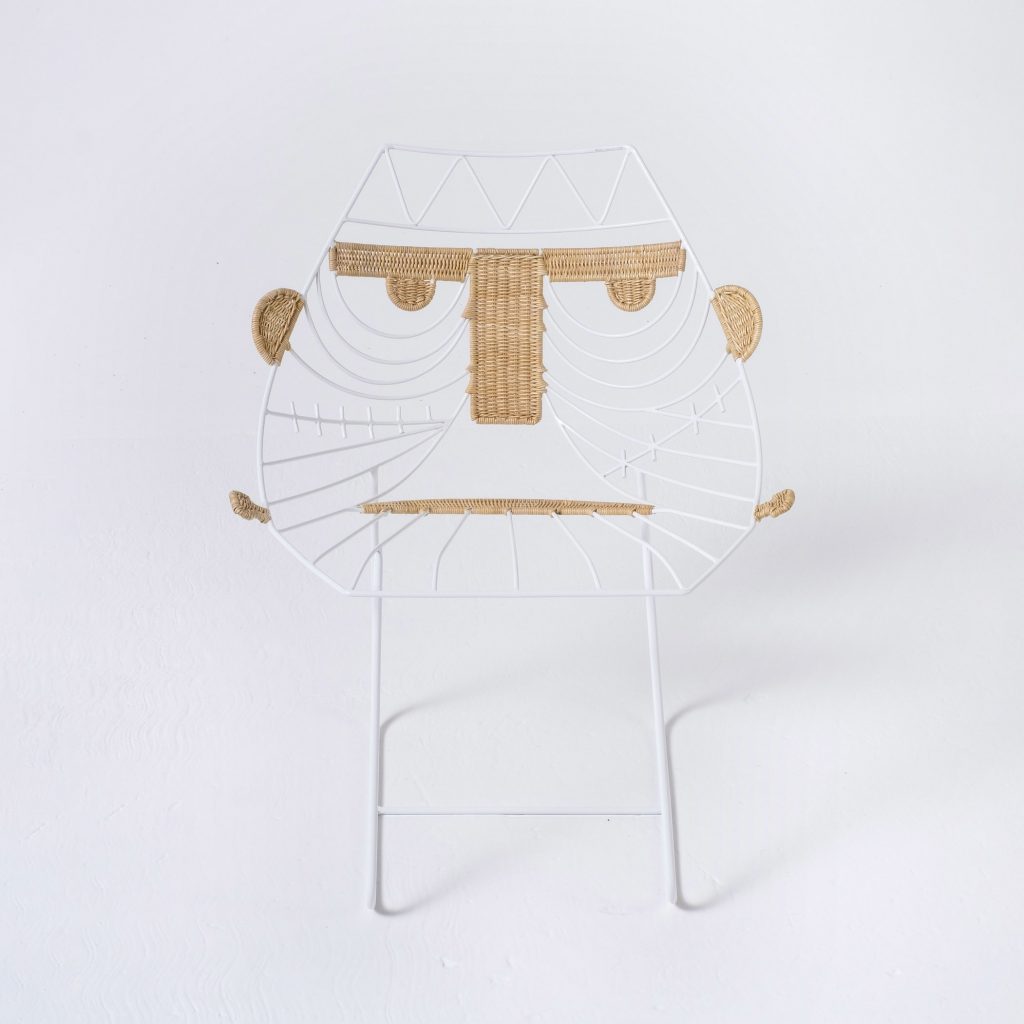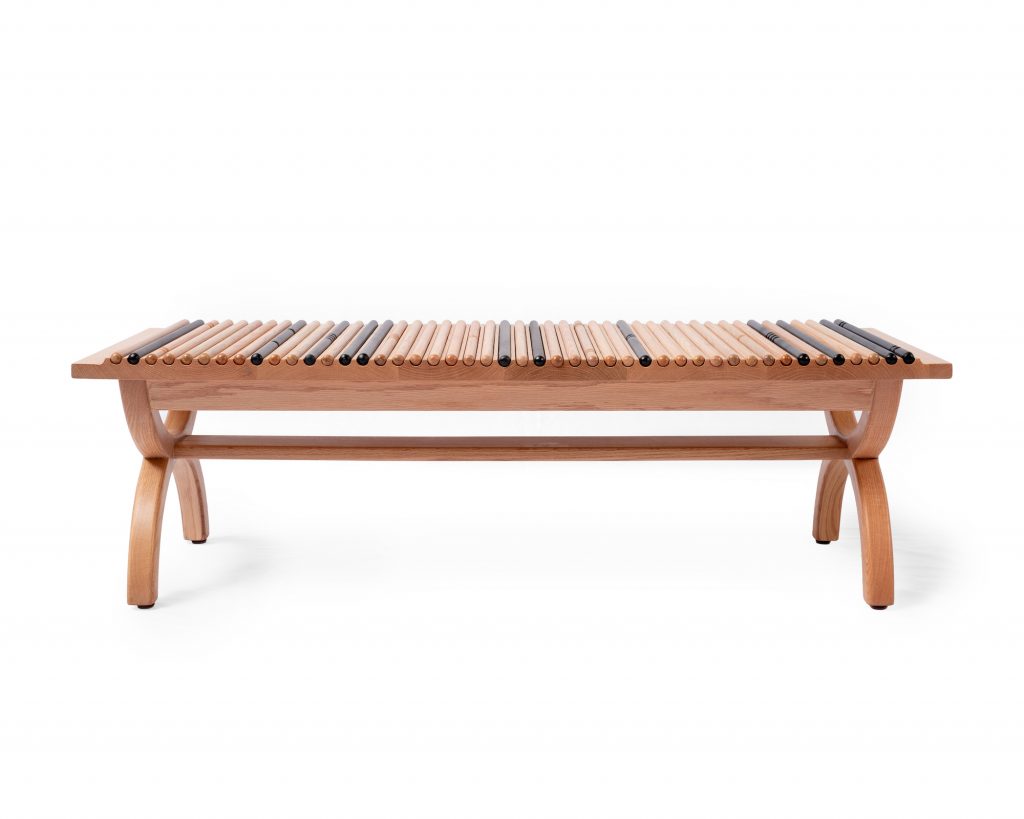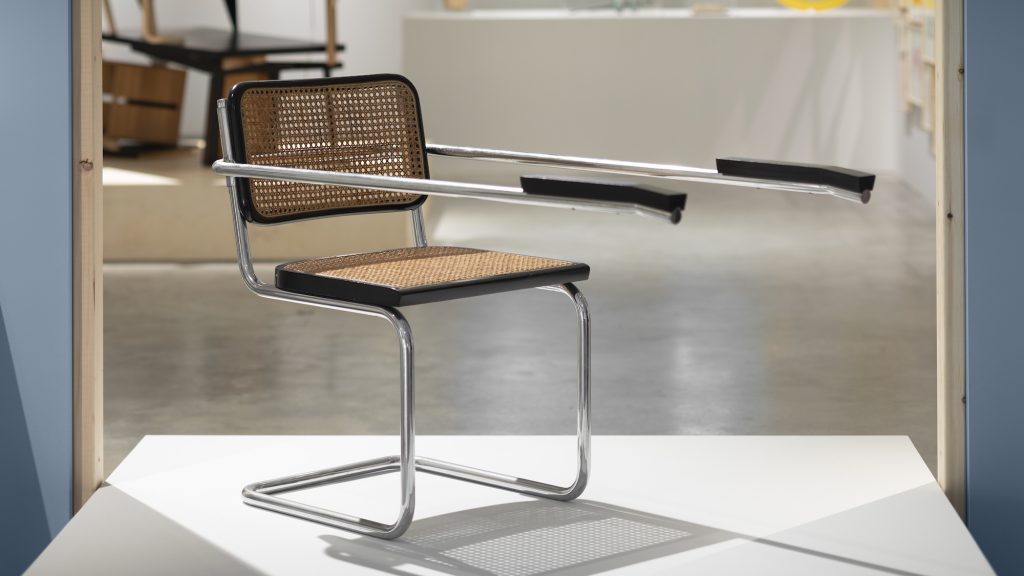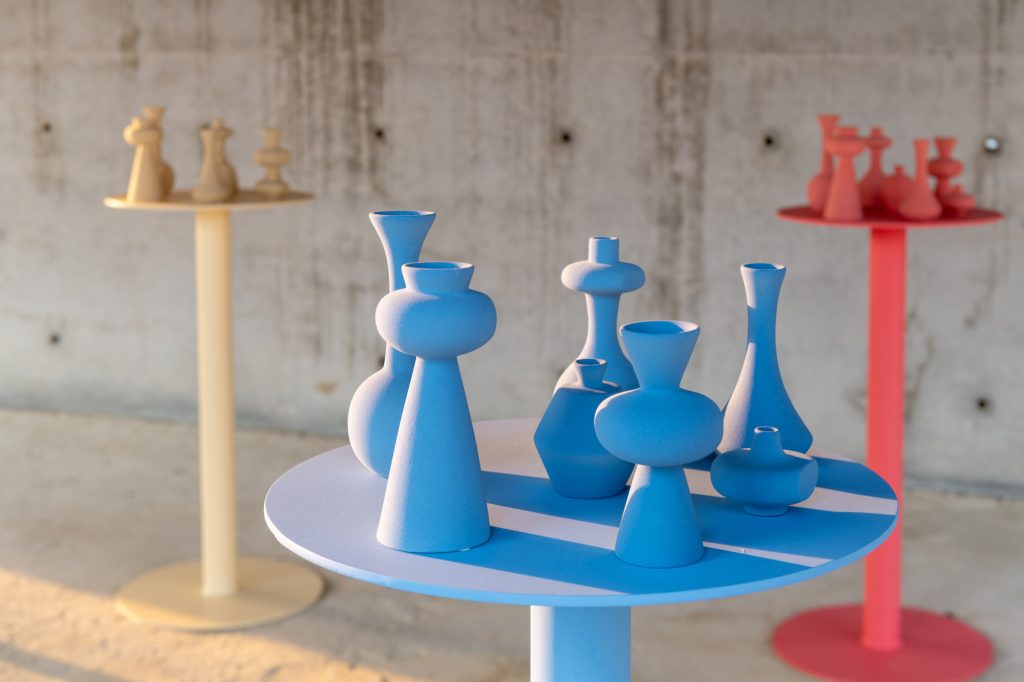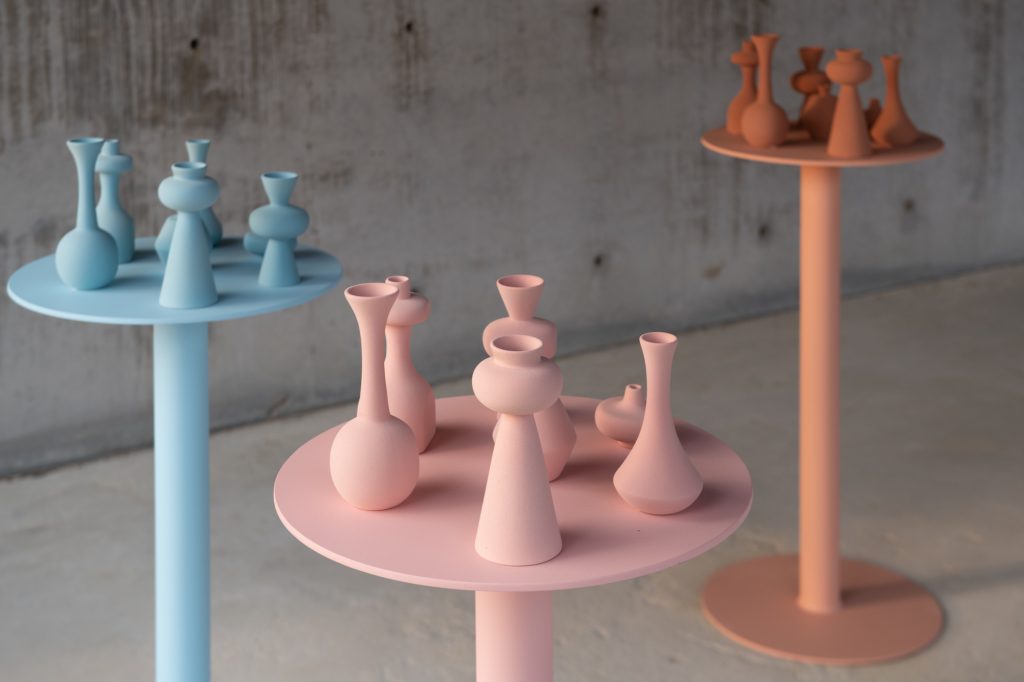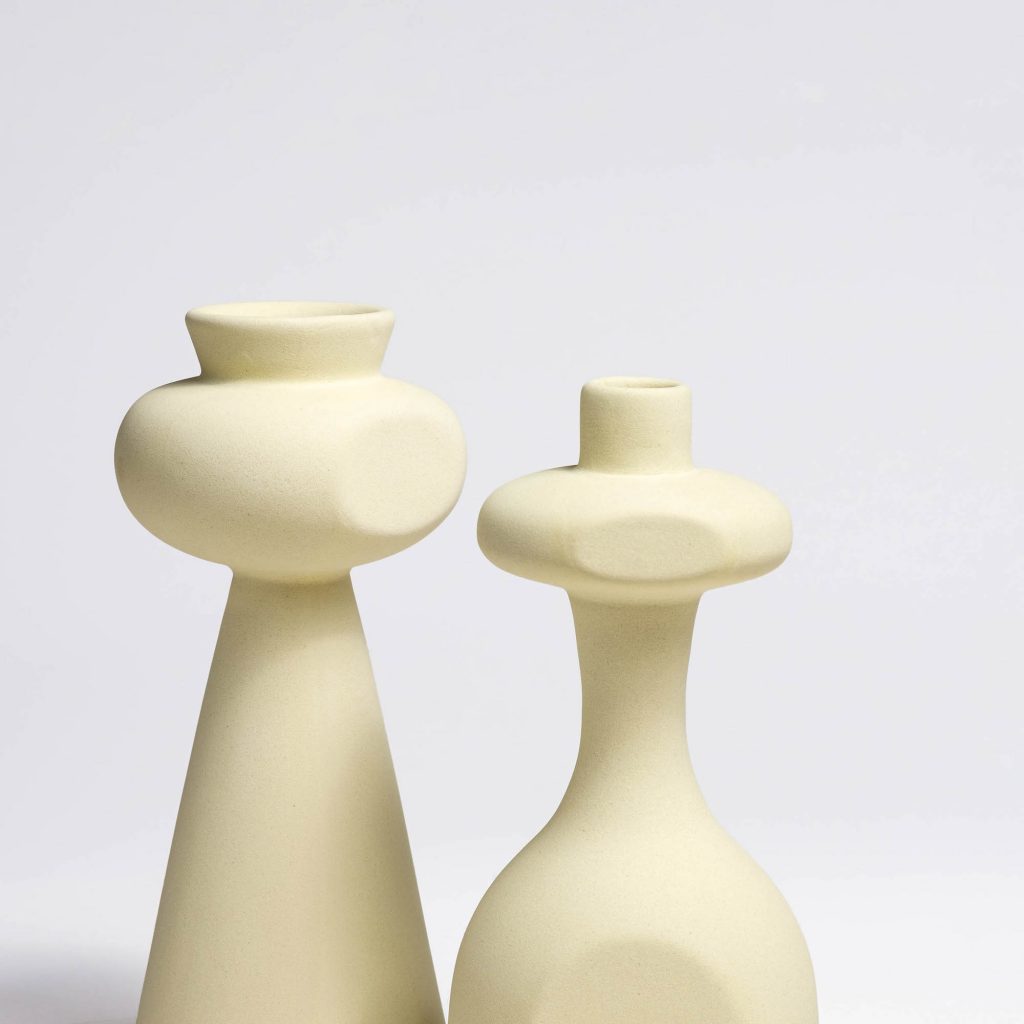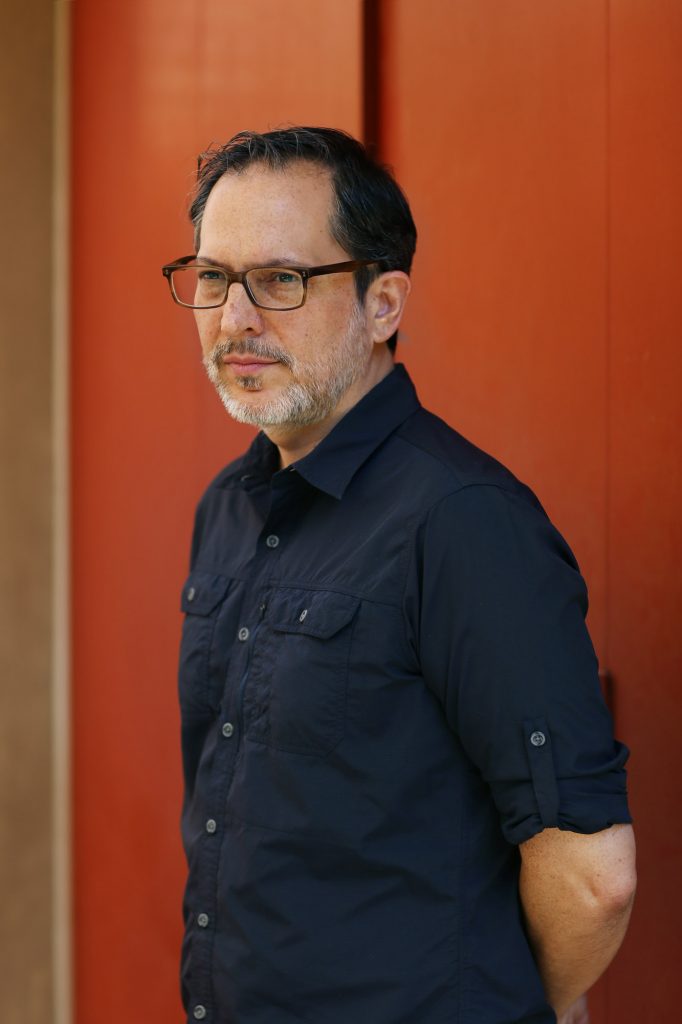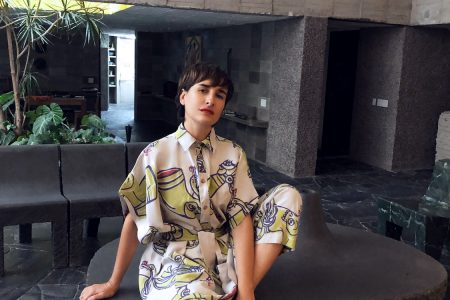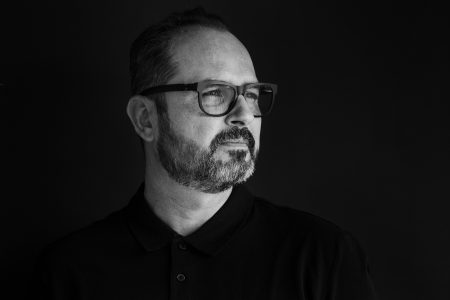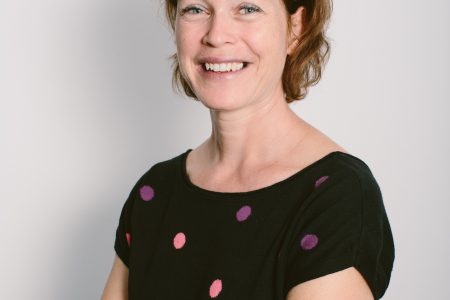Edgar Orlaineta: Animate Objects
TLmag spoke with Edgar Orlaineta about his artistic practice and a new series of ceramic vases which launched last Spring at the Mexico Design Fair.
For the past 20-years, Mexico-city based artist, Edgar Orlaineta, has been making work that is directly linked to design and architecture, but from a contemporary artist’s perspective. He studied painting and sculpture, yet his love of design and design history infuses each piece he creates. “My interest in design, architecture and furniture has to do with my own personal interest in utilitarian, functional and domestic objects, and what objects symbolize in general. It’s not so much about the idea of design or architecture, but about how we are connected with objects and their use, and how we are connected with buildings or spaces,” he says. Chairs or other furniture-based pieces, while subverted, are often still functional and intended to be so, while others remain purely sculptural. The Cesca Chair by Marcel Breuer transformed into a type of zombie, the metal base of a Thonet chair reconceived as wall sculpture, or iconic wire-framed patio chairs with woven faces, poke fun at the often-serious discipline of high modernism.
There is an underlying playfulness to his work, although he doesn’t necessarily intend for this. “The idea of toys and games is present in some of my work, and I’m very attracted to that,” he says. But Orlaineta’s process is deeply engaged with research and what the object reveals to him. “I find in the process a story that goes beyond design or the designer and that has to do with the industry or materials. This may be ecological or economic issues, or sometimes it is about the history of design, which can be often contradictory or paradoxical. This is my relationship with furniture and architecture, and of course, furniture and architecture are very related to sculpture.” It is also about the process of working by hand, and Orlaineta has a deep affinity for craft, particularly woodworking. “[Working by hand] helps you to understand time, how things can be transformed and how hard this can be. And at the same time, this reality transforms you because you are directly connected to the world, to the matter of the world. There is something very basic in this that I am very fond of doing.”
This spring, Orlaineta, in collaboration with CGN design gallery and the Mexico Design Fair, launched a new series of 50 painted ceramic vases titled “Still Life.” The colourful series was inspired by a similar collection of painted wooden vases in which he made transversal cuts into the wood to give flattened surfaces and shapes creating the impression of a face or profile. Each vessel, as you turn it, takes on its own personality or character; Made in soft, pastel-toned palette of blues, pale rose, light yellow, beiges or natural terracotta, these small ceramic forms are very archetypal and meant for functional, everyday use.
cgn.design
@cgn.design
